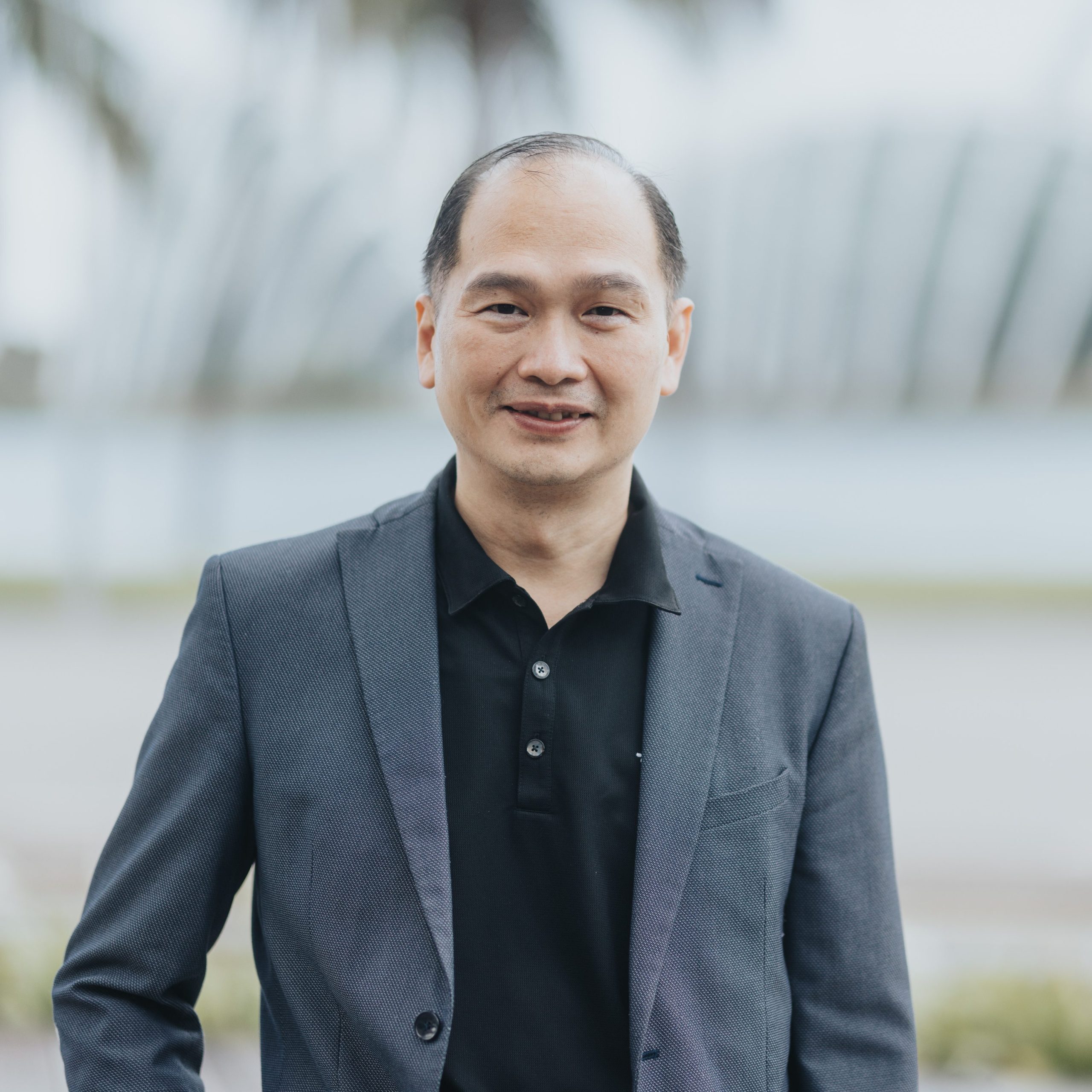David Sajoto, Vice President, Vectra AI, Asia Pacific & Japan, shares what time in tech has taught him so far.

What would you describe as your most memorable achievement?
Winning Executive of the Year at the recent APAC Business Awards was an incredibly humbling and honourable experience. This inspires me to further contribute to the success and development of the APAC region by cultivating entrepreneurship in youths and sharing my knowledge and experience in having built and being involved in several successful start-up businesses in the region.
What first made you think of a career in technology?
My fascination with technology began in my teens – I saw how technology improved the economy and raised our standard of living. This encouraged me to pursue a double degree major in Computer Science and Engineering at Monash University and a Masters in Business Systems. My education experience further reinforced my conviction of the endless possibilities that technology offers humanity as we all become increasingly reliant on it. For me, a career in ICT was an obvious choice.
What style of management philosophy do you employ with your current position?
My management philosophy centres around building great cultures and teams by sharing a common vision. I coach my team and motivate them to maximise their efforts and capabilities to achieve a common goal. I also believe in surrounding yourself with people who are great leaders. By hiring people who can also have the capabilities to build strong, customer-focused teams ensures a perpetuating cycle – meaning a company can continue performing at its best.
What do you think is the current hot technology talking point?
Modern organisations are increasingly deploying GenAI enabled tools like Microsoft Copilot to accelerate business innovation. Inevitably, this has contributed to the velocity of cyberattacks. According to recent reports, 75% of cybersecurity professionals have seen an increase in AI-powered cyberattacks over the past year, with 85% attributing it to threat actors weaponizing AI. When LLMs are given access to proprietary corporate data and equipped with the ability to make decisions and take actions, new attack surfaces are introduced that enable new and sophisticated attack techniques.
Oftentimes, cybersecurity defences become an afterthought. As businesses continue to digitise their operations, traditional security measures may not be enough and robust cybersecurity measures become even more critical.
How do you deal with stress and unwind outside the office?
I find volunteer work especially fulfilling and transformative. I participate in food delivery for single, elderly individuals within my community. As I get to know these folks from different socio-economic backgrounds and life circumstances, my appreciation for the resilience and strength these individuals show further deepens. It’s a journey of self-reflection and a lesson in humility and empathy that helps cultivates my personal growth.
If you could go back and change one career decision, what would it be?
I would have loved to start some sort of social enterprise that provides employment opportunities for marginalized communities, support sustaining practices or donate products and services to the needy.
What do you currently identify as the major areas of investment in your industry?
Cybercrime is escalating, enhanced by AI and is impacting organizations more than ever. While technology investment is important, it also needs to be in the right areas. For an entity to be truly resilient in today’s era of AI-based attacks change is needed. In my view, the only way to fight AI based attacks is with AI.
An AI-enhanced security solution has the capacity to monitor all activity happening in a network, understand what users are typically doing, and know what data is being sent out of an organization. With these fundamental knowledge pillars, many attacks, both simple and sophisticated, can easily be stopped before any damage is done.
What are the region-specific challenges when implementing new technologies in APAC?
While the APAC region continues to see rapid growth supported by a robust domestic demand towards a secure digital-first economy, organisations are facing more impactful breaches because of increasingly complex ransomware attacks, emerging AI-driven threats and an ever-expanding attack surface. All of these issues are compounding into a ‘perfect storm’ and the result is an over-burdened security team.
The cyber tools and strategies that worked for your organisation last year may not be the most effective today or even tomorrow. To combat today’s sophisticated cyberthreats, detection measures must consider the ways that tools like AI-enhanced attack signal intelligence can improve the organisation’s resilience.
What changes to your job role have you seen in the last year, and how do you see these developing in the next 12 months?
Today’s security landscape demands constant vigilance and mindsets need to change. It’s not about thinking that your organization might be breached but realising it is only a matter of time until it is breached.
As security breaches become more definitive, a shift in boardroom mindset becomes a critical piece of the puzzle. C-suites need to take cybersecurity beyond a compliance requirement and make it a strategic business priority. A robust AI driven cybersecurity strategy can automate, triage and prioritise real threats with accuracy in real time. This is the starting point when thinking about what needs to be done to reduce security risk and build a more secure and resilient organisation.
What advice would you offer somebody aspiring to obtain a C-level position in your industry?
Being a successful C-level executive in today’s competitive landscape requires a broad range of business skills, up to date knowledge and a lot of curiosity.
I’ve also found that by adopting inspiring C-level executives as mentors, you can gain valuable insights that will help advance your career. These mentors can offer guidance and share pertinent advice based on the lessons they’ve learnt in both their years at the top and their own journey that has led them to achieve a seat at the top table.



